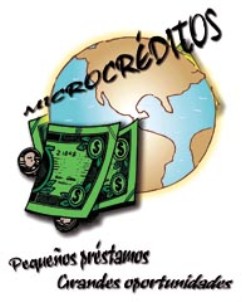Latvia is still one of the poorest countries of Europe and one with large income inequalities. That is the legacy of the Soviet era. But even when Latvia is a land of extremes where 42% of children live at risk of poverty and social exclusion, the state is still able to afford paying 142,000 euros in paternity benefits for one child, and up to 200,000 euros in unemployment benefits. Changes to the law adopted in September will provide a 50% real estate tax discount to large families, but critics argue that Latvian benefits system overall works largely in favor of the wealthy, allowing them to receive huge benefits, while people on small incomes receive minimum benefits. Therefore, they expect their government to emulate some of President Obrama's policies of "taxing the rich"
Latvians hope to join the euro zone in 2014
Nov. 19.─ With the clock ticking until Latvia gets a green light to join the euro zone in 2014, the Baltic state's leaders are pulling out all the stops to demonstrate just how ready it is. But while officialdom is gung-ho, away from the corridors of power the mood is unenthusiastic in this nation of two million, which has emerged from the world's deepest recession and remains locked in an austerity drive.
- Hits: 3467



 July 14.─ The crisis has taught people a lot about the banking industry and the thought processes of its leaders. These lessons can be distilled into four golden rules.
July 14.─ The crisis has taught people a lot about the banking industry and the thought processes of its leaders. These lessons can be distilled into four golden rules.